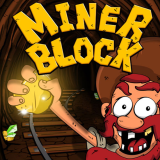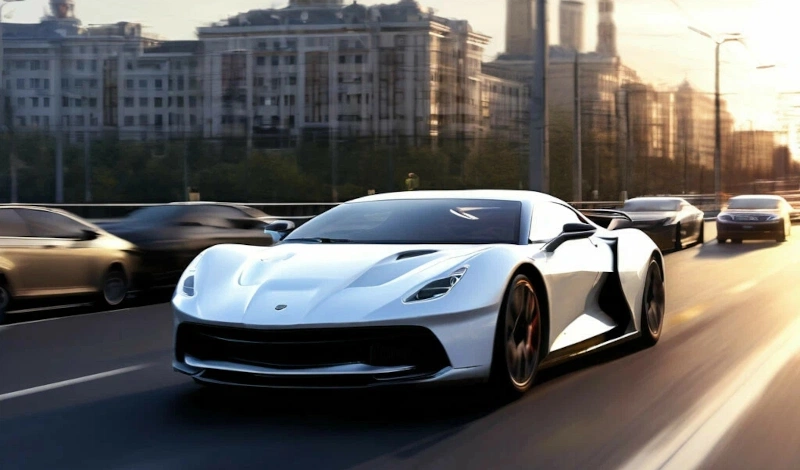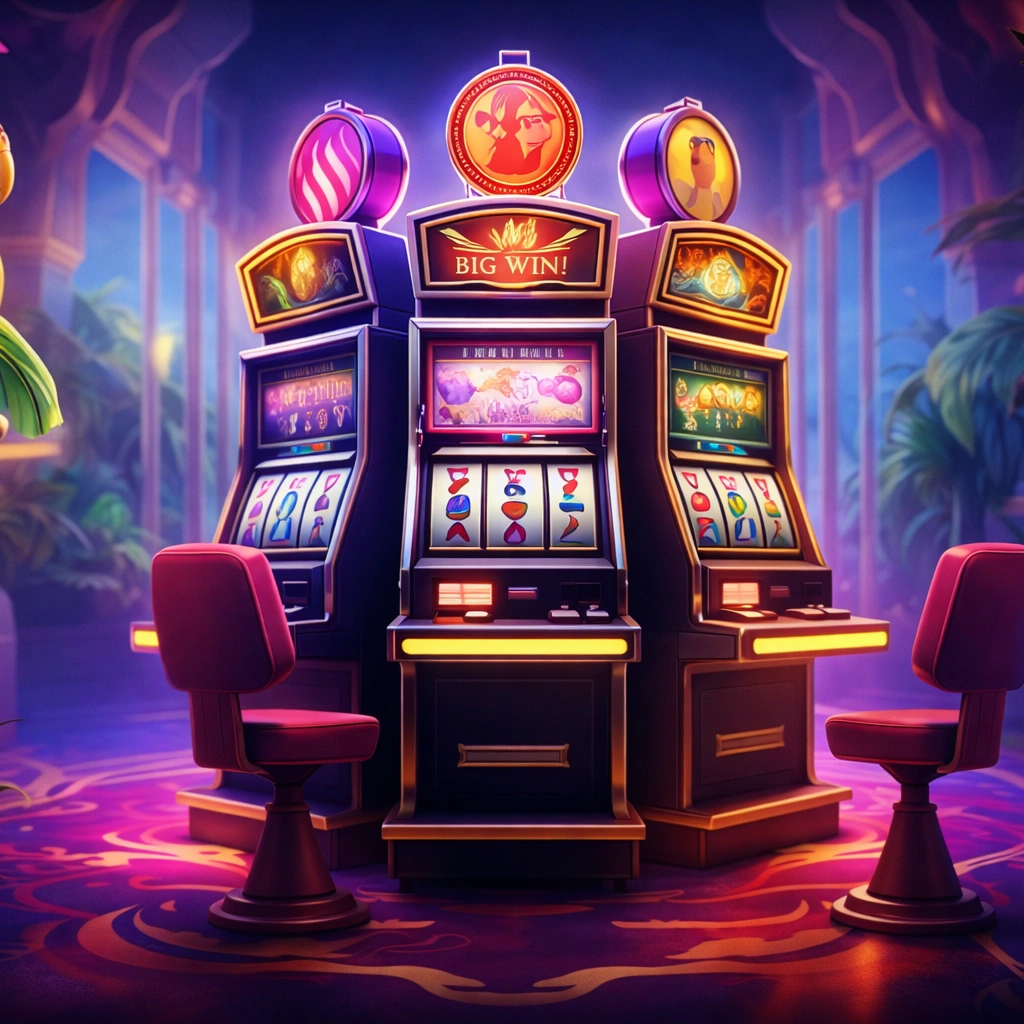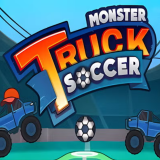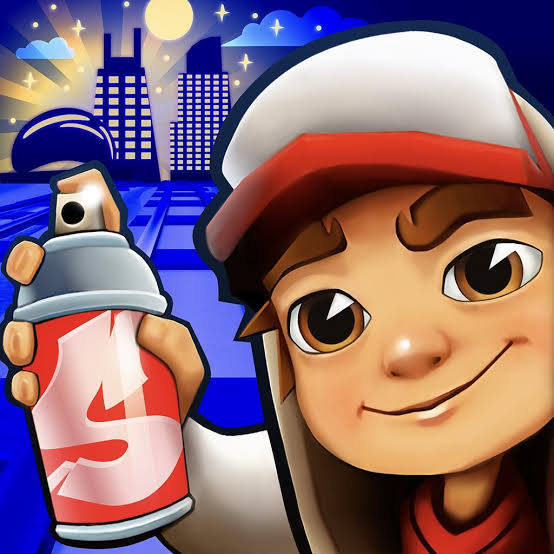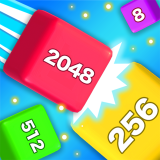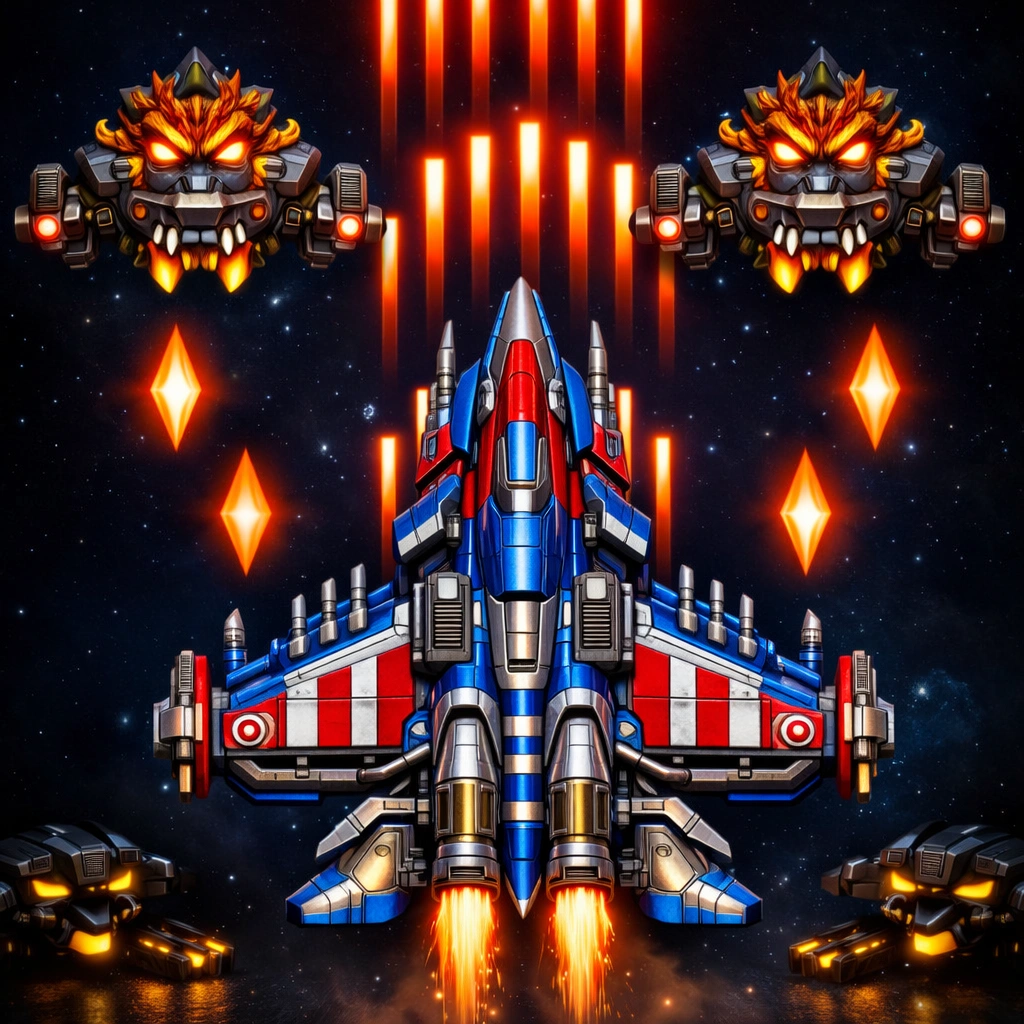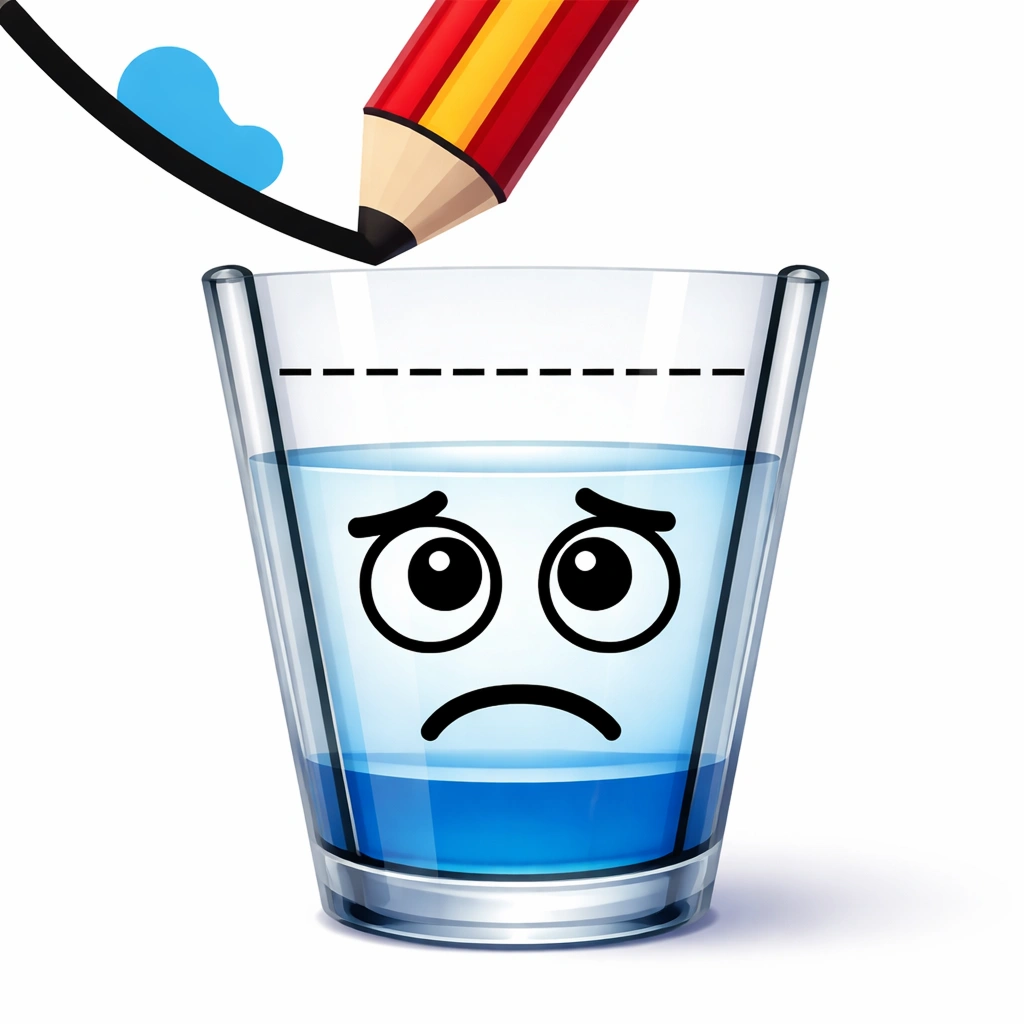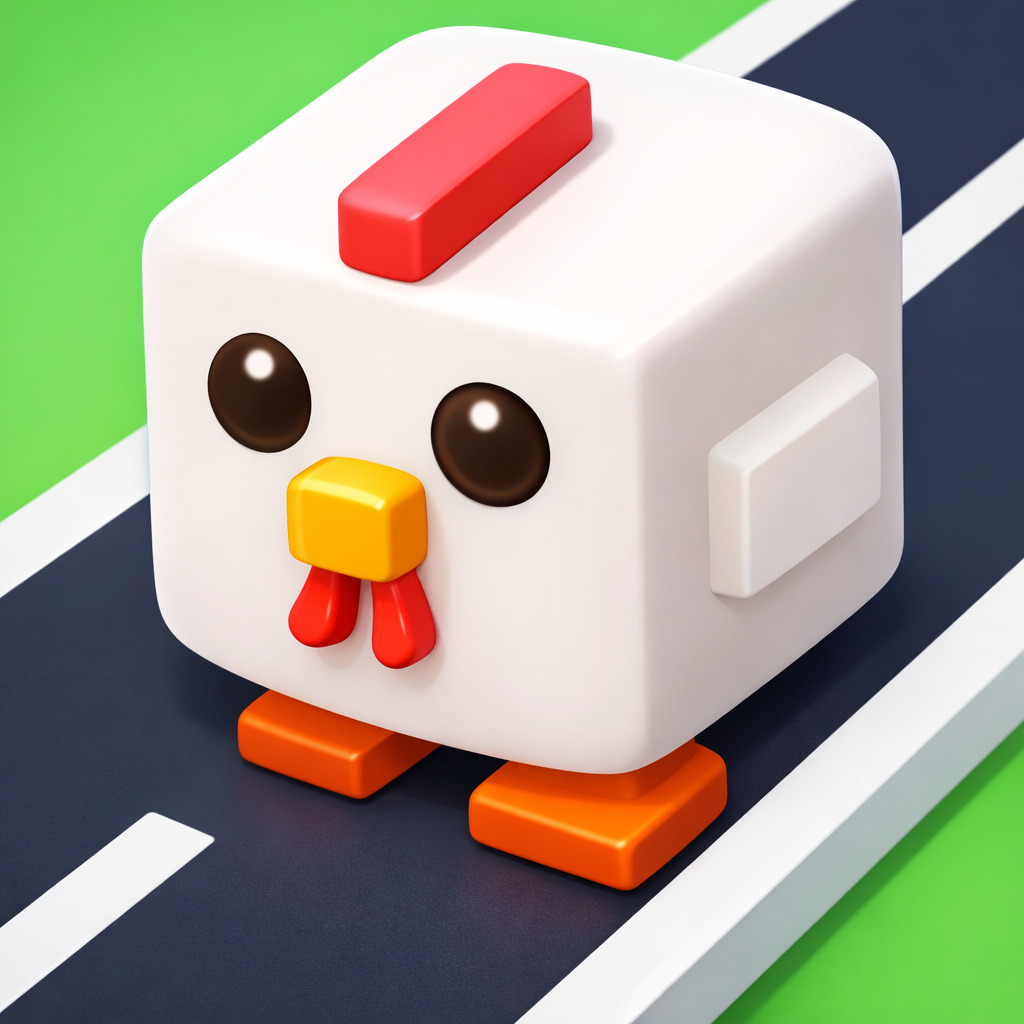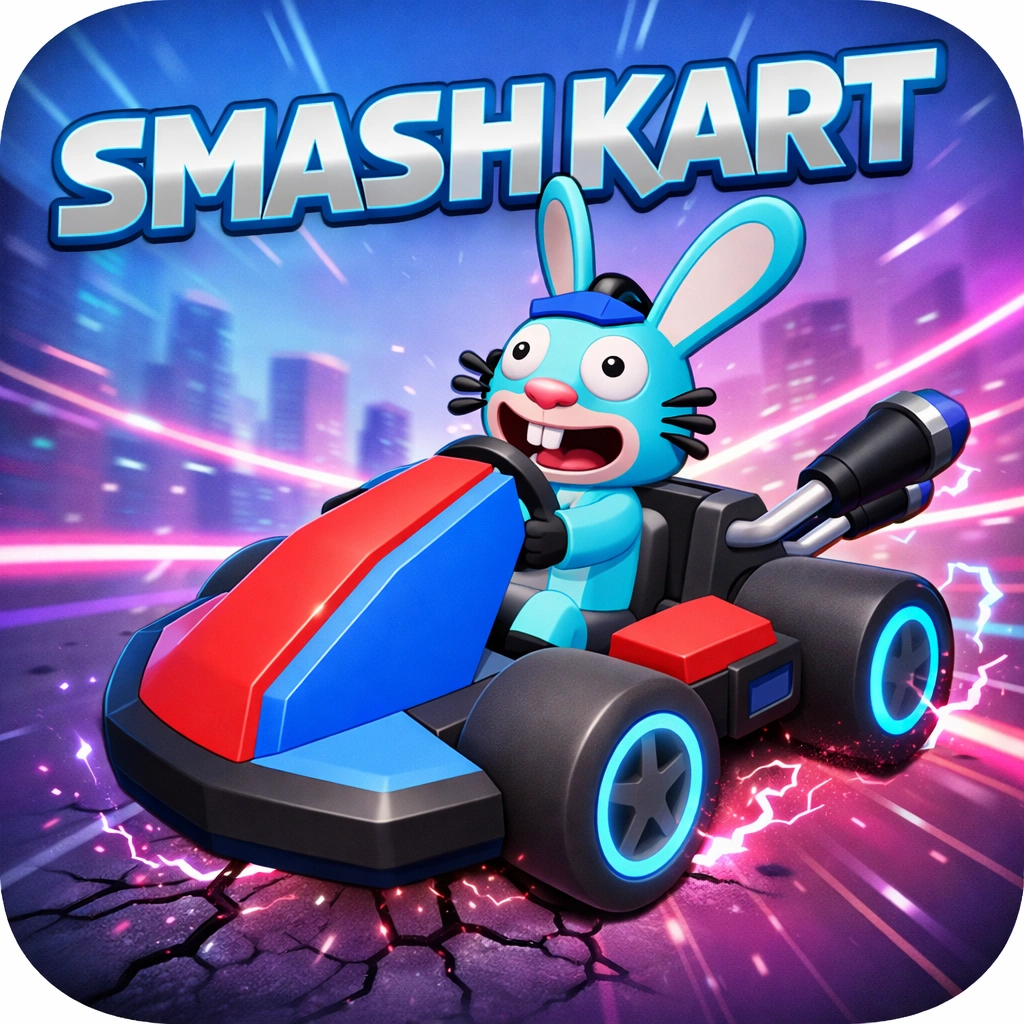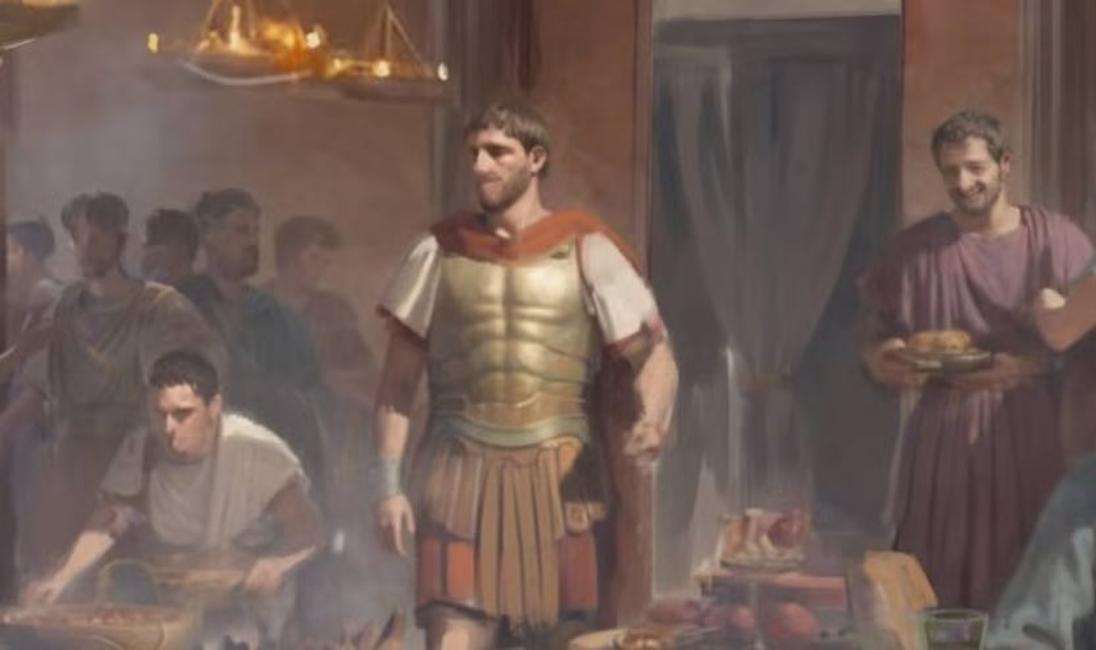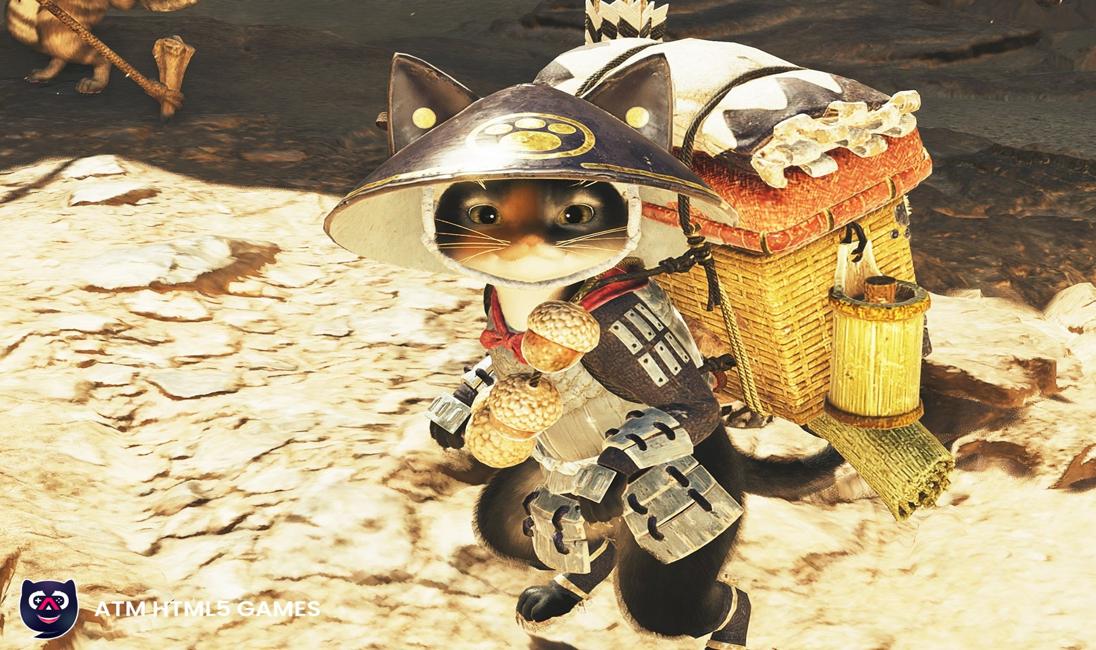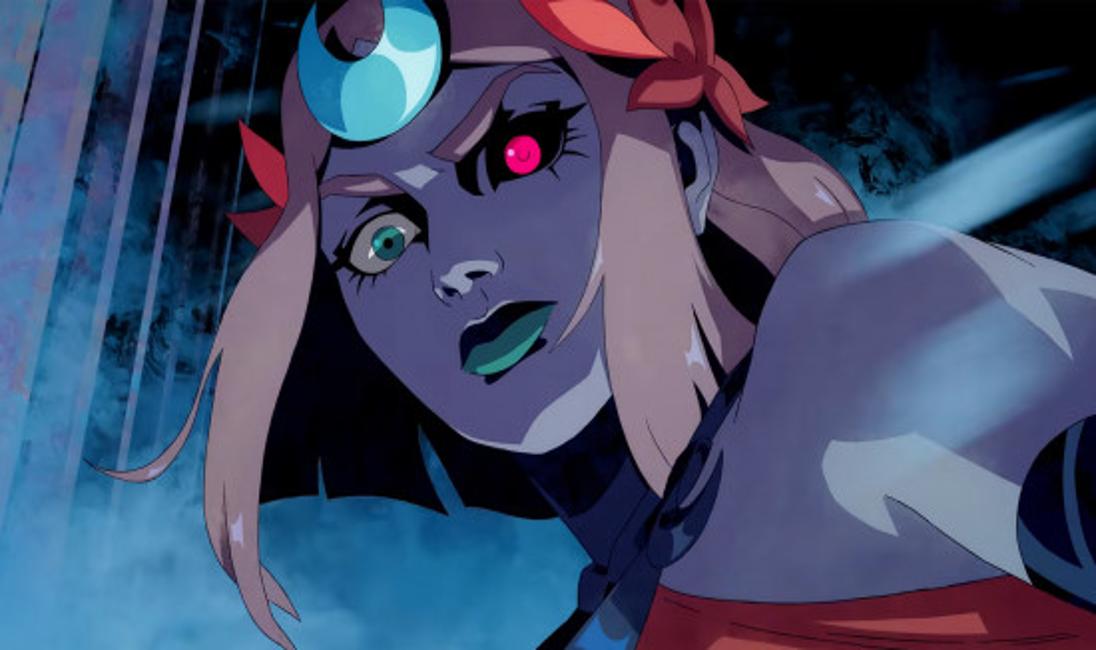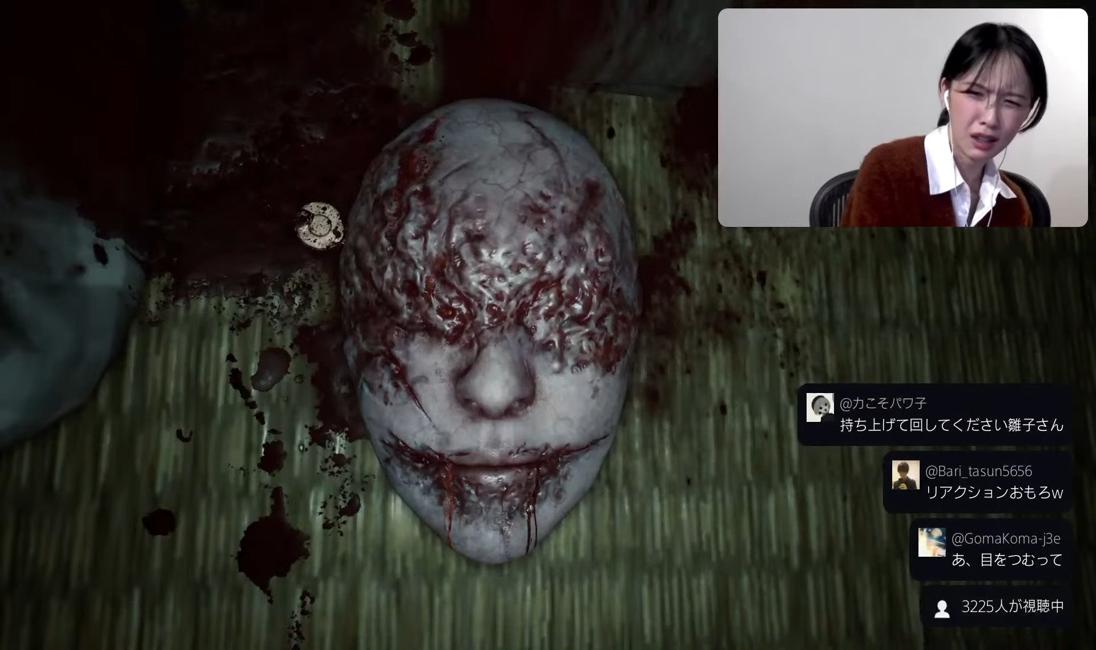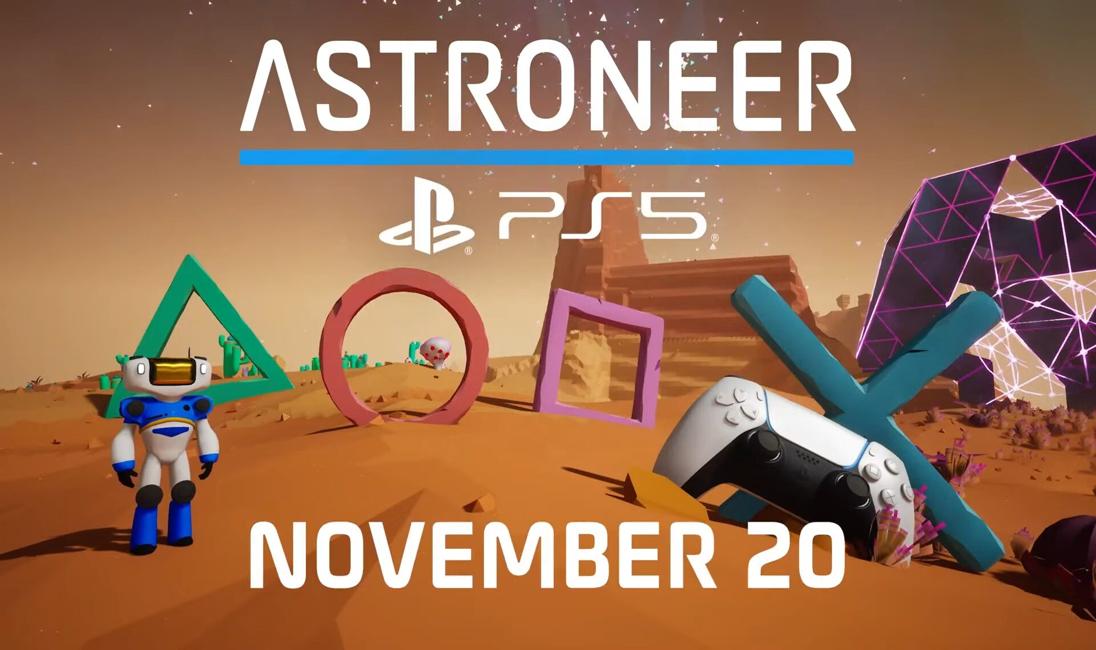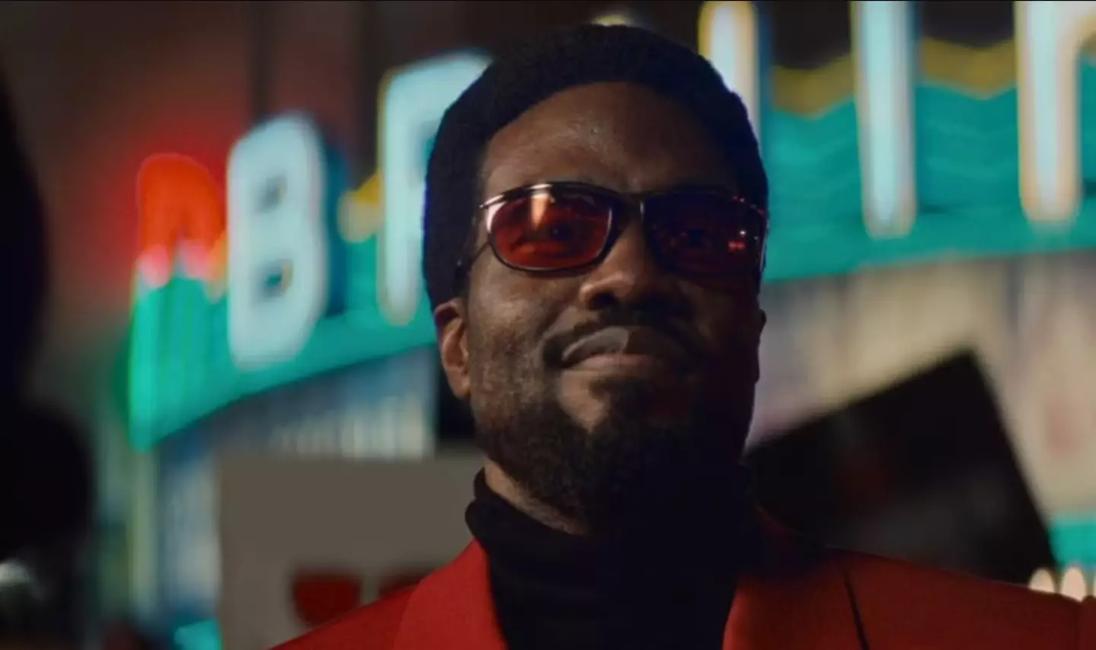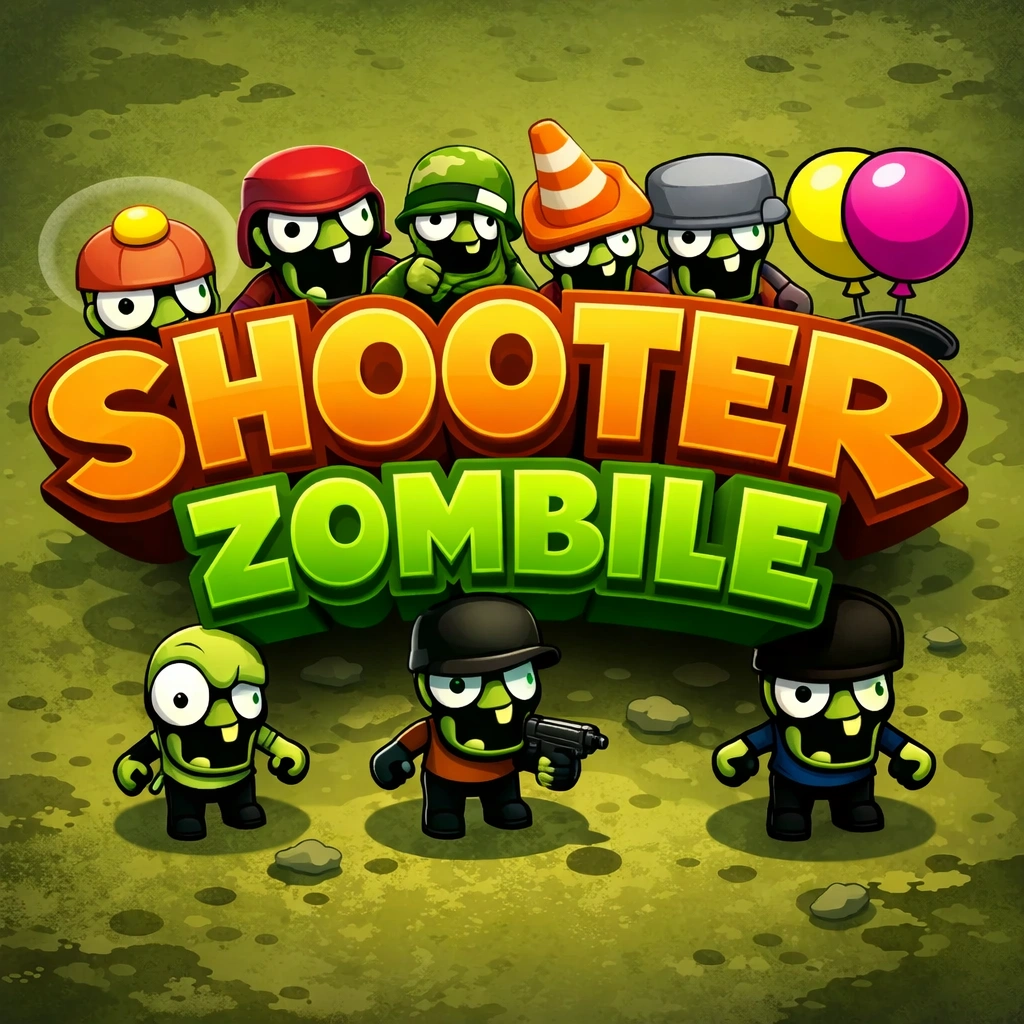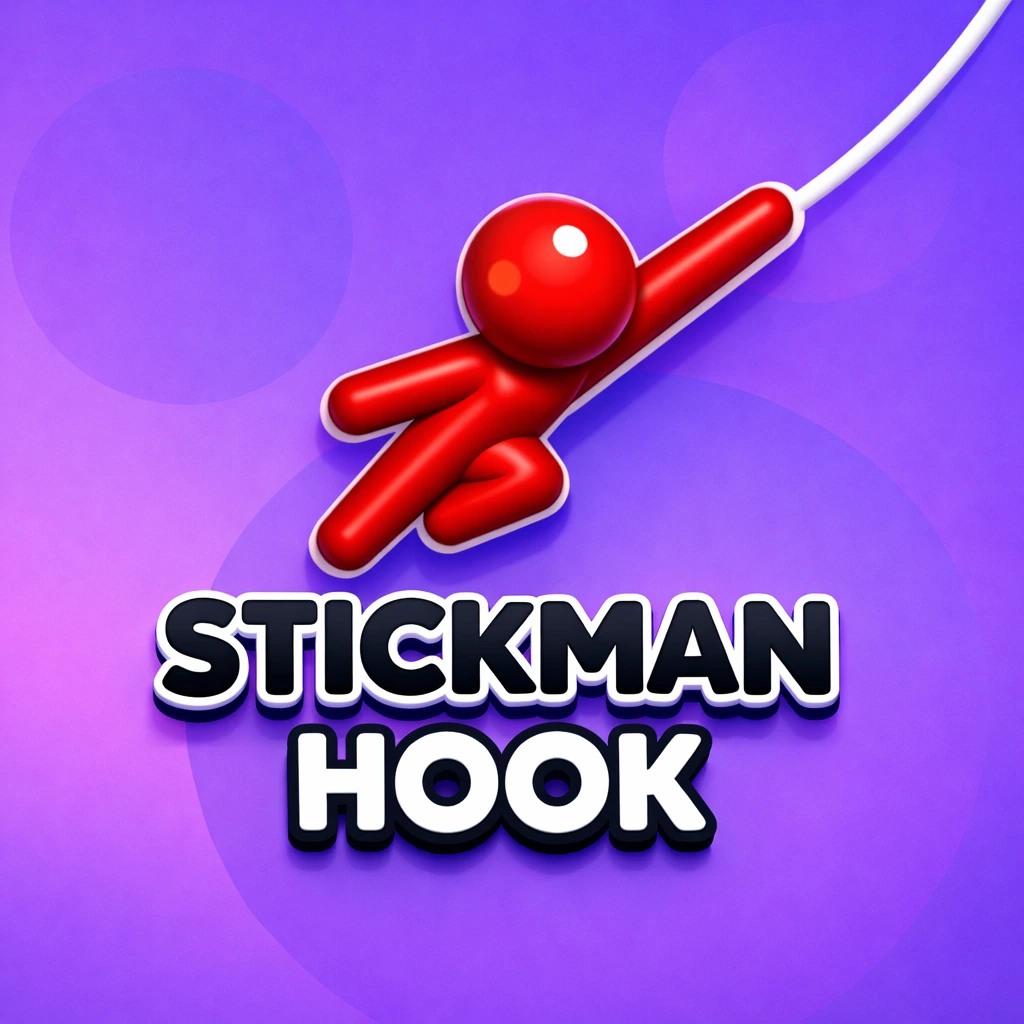Okay, let's talk about Ubisoft. And, more specifically, the bizarre, fascinating, and slightly unsettling way they're dabbling with AI in their Anno series. I initially rolled my eyes, thinking, "Oh great, another company hopping on the AI hype train." But – and this is a big but – the implications here are actually pretty interesting.
Anno, for those blissfully unaware, is a city-building simulation franchise. Complex supply chains, resource management, and a surprisingly addictive gameplay loop are its hallmarks. Now, traditionally, a ton of human artistry goes into these games. From the intricate building designs to the lush landscapes, artists meticulously craft the visuals. Or, did.
The AI Art Controversy: A Ubisoft Case Study
Here’s the thing: Ubisoft has apparently been experimenting with AI to generate some of the art assets for the latest Anno installments. Not all of them, mind you. We're not talking Skynet-level takeover here. But enough to raise some eyebrows and spark a debate about the future of art in game development. And maybe, just maybe, a little existential dread. You know, the good stuff.
I've got to admit, this part fascinates me. The idea that an algorithm can produce aesthetically pleasing art assets, arguably indistinguishable from human-created ones, is...well, it's a lot to unpack. And it raises all sorts of questions. Are we devaluing artists? Are we sacrificing creativity for efficiency? Is my Anno city secretly being populated by soulless, algorithmically generated buildings? I shudder to think so!
Anno's Aesthetic Future: Will AI Dominate?
Let me try to explain this more clearly. The AI isn't designing entire buildings from scratch. Instead, it's being used to create textures, patterns, and minor decorative elements. Think of it like this: a human artist creates the blueprint for a building, and the AI helps to fill in the details, like the brickwork, the window designs, or the foliage creeping up the walls. Is it still art? That's the question that keeps nagging at me. Here's crazygames.com about the game for more info.
Now, I know what you might be thinking: "So what? If it saves time and money, what's the harm?" And that's a fair point. The frustrating thing about this topic is that there isn't a simple answer. On the one hand, AI could free up human artists to focus on the bigger, more creative aspects of game design. On the other hand, it could lead to job losses and a homogenization of art styles. Actually, that's not quite right. The issue isn't just job losses – it's about the potential loss of human expression, of the unique voice that each artist brings to their work.
And, of course, there's the ethical dimension. Who owns the copyright to AI-generated art? The company that trained the algorithm? The artist who provided the initial data? The AI itself? These are questions that the legal system is only just beginning to grapple with. Ubisoft have been under fire in the past for similar issues. It's never simple. This reminds me of one strategy game's recent memory.
The Review Bypass: Is It Noticeable?
Here's the core of the matter. Is this cost cutting bypass effective or does it impact the game? So, does it actually matter in practice? Can you tell the difference between an AI-generated texture and a human-created one? In some cases, yes. There's a certain...sterility to some of the AI-generated assets. They lack the subtle imperfections, the little quirks that make human art so appealing. It's like comparing a perfectly manicured lawn to a wild meadow. One is neat and tidy, the other is bursting with life.
But, here's the thing: most players probably won't notice. The AI art blends seamlessly into the overall aesthetic of the game. And, let's be honest, most of us are too busy optimizing our supply chains and building our empires to scrutinize every single texture. Which, in a way, makes the whole thing even more unsettling. The AI is quietly, subtly changing the landscape of game development, and most of us are barely even aware of it.
I initially thought that this was just another example of corporate greed, another attempt to squeeze every last penny out of a product. But, after digging a little deeper, I realized that it's something far more complex. It's a reflection of our changing relationship with technology, a glimpse into a future where the lines between human and artificial creativity are increasingly blurred. Is that a good thing? I honestly don't know. But it's definitely something we need to be talking about.
FAQ: Ubisoft, AI and Anno
Is Ubisoft replacing all its artists with AI?
No, not at all. That's a common misconception. From what's publicly available, Ubisoft is using AI as a tool to assist artists, not to replace them entirely. Think of it as a digital assistant that can handle some of the more repetitive or mundane tasks, freeing up human artists to focus on the more creative aspects of game development. The company isn't going to risk the wrath of artistic types, are they?!
How can I tell if art in Anno is AI-generated?
Honestly, it's tough to say for sure. Unless Ubisoft specifically identifies which assets were created by AI, it's difficult to distinguish them from human-created art. The AI is designed to blend seamlessly into the overall aesthetic of the game, so most players probably won't notice the difference. But, if you look closely, you might spot some subtle differences in texture or detail. Keep in mind, though, that the goal isn't to trick players, but rather to enhance the overall visual experience.
Why is Ubisoft using AI in the first place?
That's the million-dollar question. The most likely answer is a combination of factors: cost savings, increased efficiency, and a desire to experiment with new technologies. AI can potentially automate some of the more time-consuming aspects of art creation, allowing developers to focus on other areas of the game. This could lead to faster development times and lower production costs. But, as we've discussed, there are also ethical considerations to keep in mind.
Could AI art lead to job losses in the gaming industry?
That's a legitimate concern. While AI is unlikely to replace artists entirely, it could potentially reduce the demand for certain types of artistic skills. For example, if AI can generate textures and patterns more efficiently than human artists, companies might hire fewer texture artists. However, it's also possible that AI could create new job opportunities in areas like AI art curation, training, and quality control. The impact on the job market will depend on how the technology is implemented and managed.
- First important point about the content
- Second point with detailed explanation
- Another noteworthy detail
- Final concluding thought

